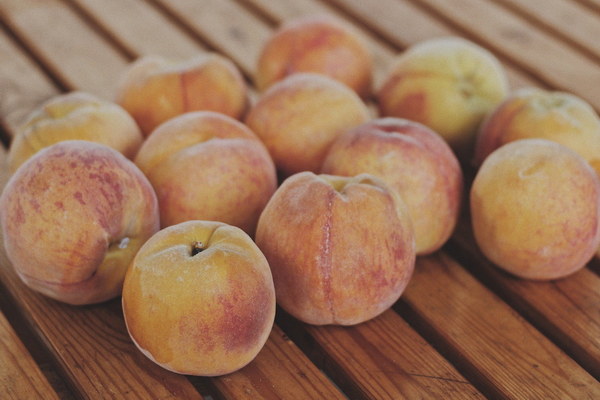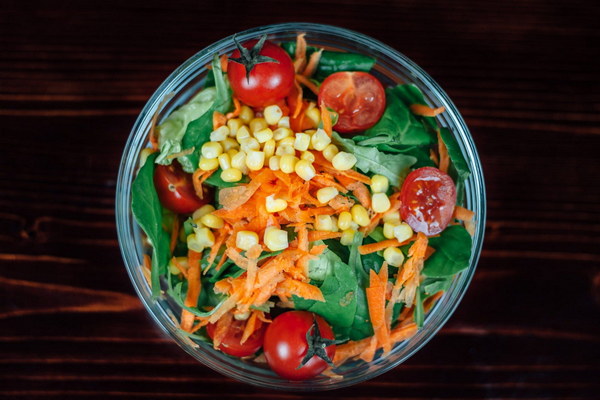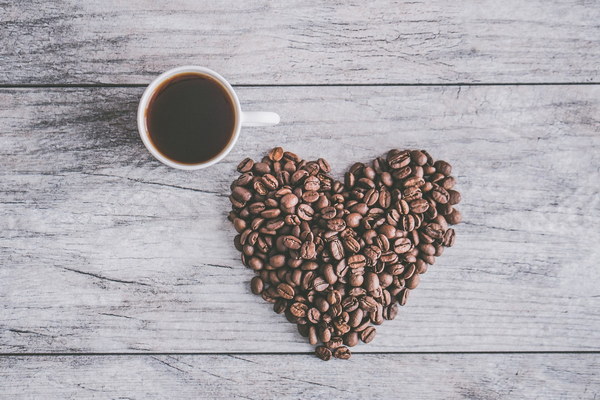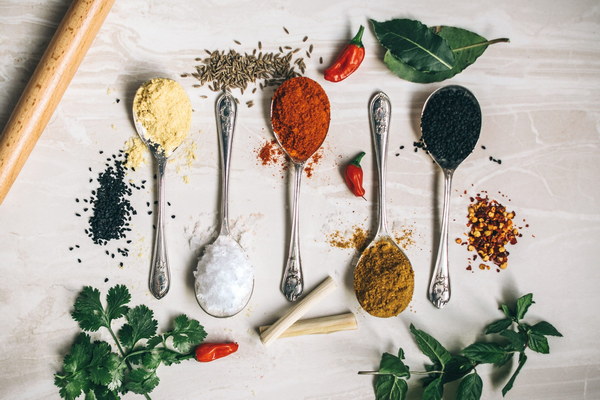Nourishing the Golden Years Essential Nutritional Tips for Elderly Women
Introduction:
As we age, our bodies undergo various changes, and it becomes increasingly important to pay attention to our nutritional needs. For elderly women, proper nourishment is crucial not only for maintaining health but also for preventing age-related diseases. This article will explore the key nutritional tips for elderly women to ensure they lead a healthy, active, and fulfilling life during their golden years.
1. Protein for muscle strength and repair:
Protein is essential for muscle strength, repair, and overall health. Elderly women should aim to consume adequate amounts of protein to prevent muscle loss and maintain bone density. Good sources of protein include lean meats, poultry, fish, dairy products, eggs, legumes, and tofu. Including protein-rich foods in meals and snacks throughout the day is recommended.
2. Calcium and vitamin D for bone health:
Osteoporosis is a common concern among elderly women, and calcium and vitamin D play a vital role in maintaining strong bones. Dairy products, such as milk, cheese, and yogurt, are excellent sources of calcium. To enhance calcium absorption, it is important to consume vitamin D-rich foods, such as fatty fish, egg yolks, and fortified cereals. Additionally, spending time outdoors in the sun can help the body produce vitamin D.
3. Omega-3 fatty acids for heart health:
Omega-3 fatty acids have been shown to reduce the risk of heart disease and improve cognitive function. Elderly women should incorporate omega-3-rich foods into their diet, such as fatty fish (e.g., salmon, mackerel, and sardines), flaxseeds, chia seeds, and walnuts. Supplements may also be considered if omega-3 intake is insufficient.
4. Fruits and vegetables for antioxidants:
Antioxidants help protect the body against oxidative stress and inflammation, which are associated with aging and chronic diseases. Elderly women should aim to consume a wide variety of fruits and vegetables, including berries, apples, leafy greens, and orange vegetables. These foods are rich in vitamins, minerals, and antioxidants that support overall health.
5. Hydration for optimal function:
Proper hydration is essential for maintaining bodily functions, including digestion, kidney function, and joint lubrication. Elderly women should drink plenty of water throughout the day, aiming for at least eight glasses. However, it is important to consider individual health conditions, such as heart failure or kidney disease, which may require a different fluid intake.
6. B vitamins for energy and brain health:
B vitamins, including B6, B12, and folic acid, are important for energy production, red blood cell formation, and brain health. Elderly women can obtain these vitamins from foods such as lean meats, fish, poultry, eggs, legumes, whole grains, and leafy greens. In some cases, supplements may be necessary, especially for those with malabsorption issues or certain health conditions.
7. Fiber for digestive health:
Adequate fiber intake is crucial for maintaining digestive health, preventing constipation, and reducing the risk of colorectal cancer. Elderly women should consume a variety of high-fiber foods, such as whole grains, legumes, fruits, vegetables, and nuts. However, it is important to increase fiber intake gradually to avoid digestive discomfort.
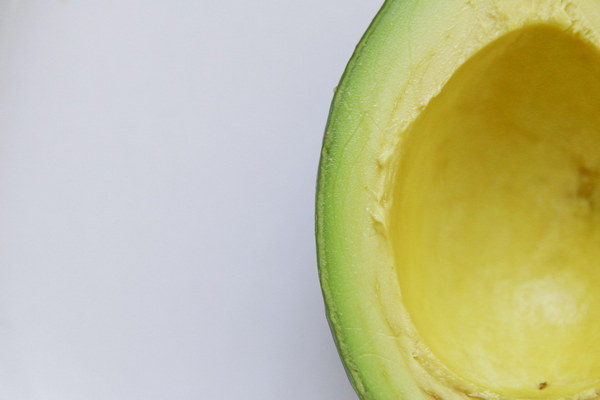
Conclusion:
Nourishing the golden years is essential for elderly women to maintain their health, vitality, and independence. By focusing on protein, calcium, omega-3 fatty acids, antioxidants, hydration, B vitamins, and fiber, elderly women can create a balanced diet that supports their unique nutritional needs. Consulting with a healthcare provider or a registered dietitian can help tailor a personalized nutrition plan that ensures a healthy and fulfilling life during the golden years.

